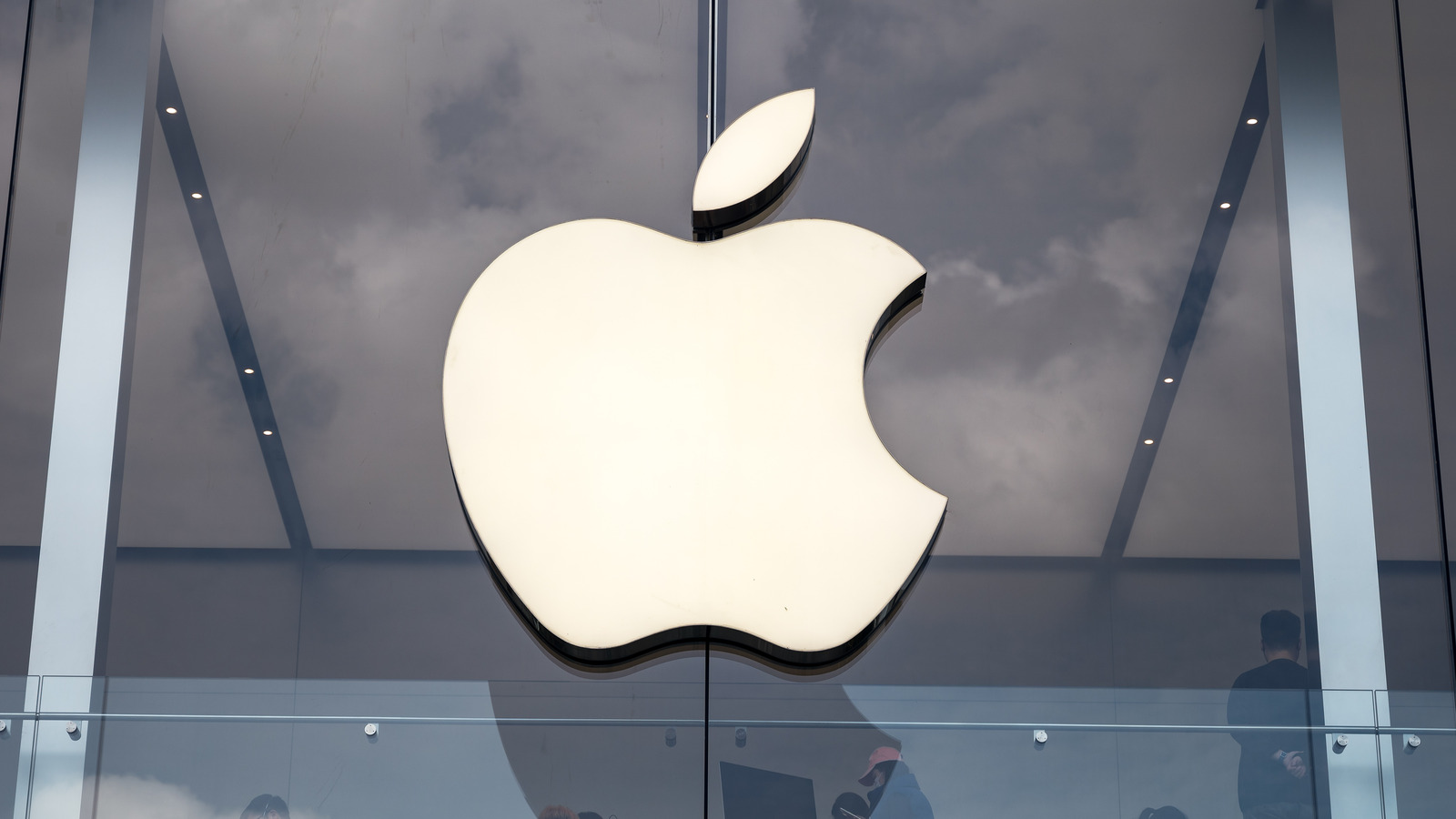
Alan Turing was born in 1912, and by the 1930s he was laying the groundwork modern computers are built upon. He invented the algorithm and the idea of a computing machine that could run said algorithms. In the late ’30s and early ’40s, Turing’s work on codebreaking was a vital part of the allied war effort. Highlights include the cracking of the Enigma code, something the Germans thought was impossible.
One place you may see Turing’s name these days is in stories and papers related to artificial intelligence (AI). Turing’s Imitation Game, also known as the Turing Test, has long been held up as a benchmark for AI to aspire to. To pass the test, an AI would have to hold a conversation with a human and not give away the fact it was a computer. Turing’s name has also been attached to a number of electrical devices, including one of NVIDIA’s GPU architectures and a now-defunct cellphone company.
Turing and his team’s codebreaking work at Bletchley Park is often credited with shortening the length of World War II and saving lives. Turing was also homosexual, which was illegal in Britain at the time. In 1952, he was convicted of gross indecency and chemically castrated after his relationship with a 19-year-old Manchester man was discovered by the authorities. Despite his pioneering work in computing and codebreaking, Turing’s conviction overshadowed his later life (via Britannica).
So how could any of this be related to Alan Turing? Turing’s body was discovered close to a cyanide-laced apple with a bite taken from it. His death was ruled a suicide, but many people, including some official biographers, believe Turing’s death was accidental. The codebreaker received a posthumous Royal Pardon in 2013 (via the BBC).
For all the latest Gaming News Click Here
For the latest news and updates, follow us on Google News.
